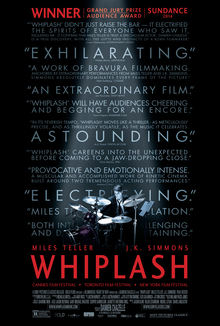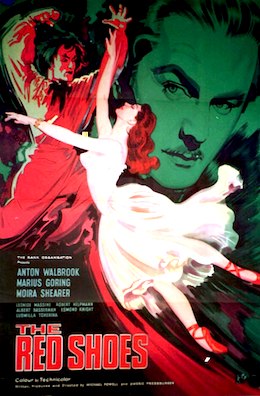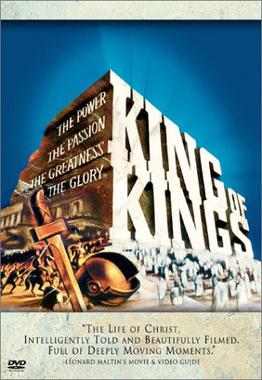- Also Known As:
- Unknown
- Version:
- Language:
- Length:
- 107 minutes: Uncut
- Review Format:
- DVD
- Year:
- 2013
- Country:
- Predominant Genre:
- Music
- Director:

- Outstanding Performances:

- Premiss:
- A promising young drummer enrolls at a
cut-throat music conservatory and is mentored by an instructor who stops at nothing to realize a student’s potential. - Themes:
- Alienation |
Coming-of-age | Communism | Corporate Power | Courage | Curative | Destiny | Emotional repression | Family | Identity | Individualism | Loneliness | Love | Materialism | Narcissism | Nostalgia | Personal | Personal change | Political | Political Correctness | Sadomasochism | Schizophrenia |Self-Esteem | Sexual Repression | Snobbery | Solipsism | Stereotyping | Totalitarianism | White culture | White supremacy - Similar to:



Caucasian Cultural Mediocrity
Can Extemporization Be Taught in an Homogenized Culture?
A typical peculiarity of White culture is the belief that talent can be taught rather than being the result of desire, need and
The music tutor, here, is a facsimile of Lee Ermey’s US Marine Corps Gunnery Sergeant in Full Metal Jacket: The tail must wag the dog in order to produce anything of at least mediocre esthetic value. Force is not used against soldiers to make them better, but to make them obedient in risking their lives for reasons that might not be rational. A similar system operating in other areas of human activity makes far less sense.
The usual White educational
This decline of White culture goes
Such an attitude can only result in the destruction of anything worth achieving, since it wastes time in not looking for talent but, instead, takes the easy path in trying to create it from nothing. Yet, you cannot be great from being pushed, but from pushing yourself - talent cannot be conjured out of thin air and it is better to let musical forms die rather than flog a dead horse and keep them on life support. The musical form in this case is Jazz, an obsolete Black form that the White tutor here so desperately wants to survive, despite his being inevitably unable to find many good practitioners because of its very obsolescence: Like trying to find a good thatcher in a world of slate roofs.
Whites need to control all of production so that they can take the credit for all of it - yet, in the real world, they produce such weak work that even they avoid it and seek artistic inspiration from other cultures. Either that, or as here, pretend that they possess the wherewithal to mimic the greatness of others in the hope that this will be conflated with an understanding of such greatness; implicitly requiring that everyone else learn from them, otherwise never succeed - despite what Whites allege they teach not springing organically from their culture. Much like those Whites who claim You’ll never work in this town again
, before you have ever had your first job.
There is also a sense here of White teachers who cannot do berating those who can or might be able to or, more likely, are just as mediocre. The anger at not finding any student worthy of his attentions spurs the teacher here not to look for the best he can find, but to merely attack the mediocrity that his own anger produces. A simultaneous belief in worshiping one’s alleged greatness by attacking the
The passion here is of the technical kind rather than the inspired. There is no sense of an internal emotional conflict that has to be overcome to become the best that one can be - only an external situation that must be defeated; producing the
A competently told story, about not much in particular, bolstered by superlative performances and flawless technical mastery. But with


















